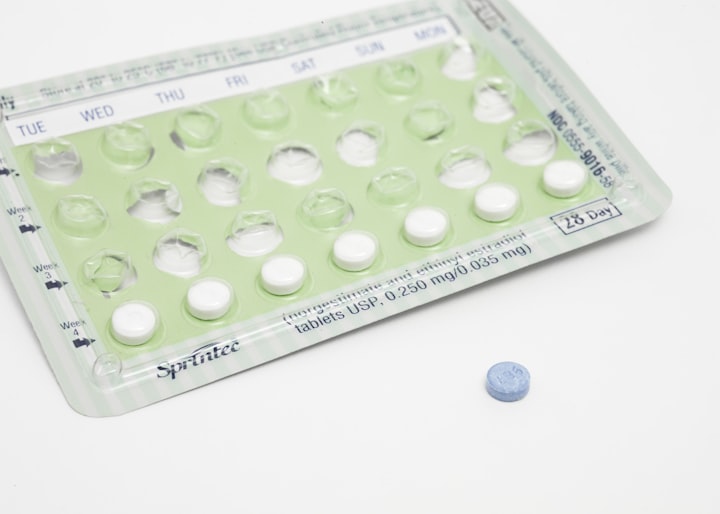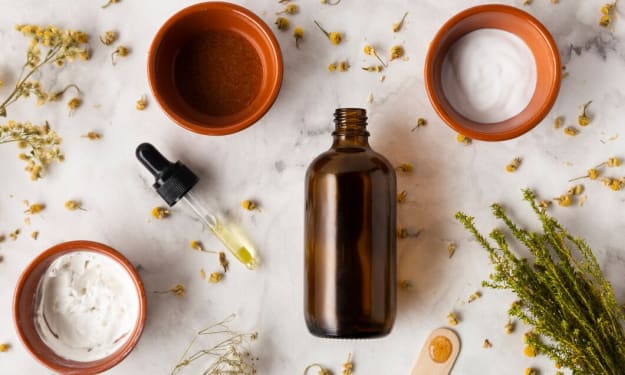The Liver & Hormones
My favourite organ, and for good reason!

I used to say it repeatedly when I was studying to become a dietitian, and then again when I was in my internship – I love the liver. It is such a critical organ when it comes to our health, our use of nutrients and in keeping us safe from harmful products in the world around us. It helps to filter through our blood (in a different way than our kidneys, of course) and send nutrients to where they need to go.
While it sounds really “goopy” (thanks GP), the liver is also a key player in detoxification processes. Think metabolism, but with a clearance function instead of an energy function.
When we eat food, consume alcohol, take medications, and use our usual human body molecules like enzymes, they produce by-products that aren’t needed or can be harmful to the body. It’s the job of our liver to help transition these by-products into a form that can be excreted or removed from the body. Hence, the term detoxification – not associated with the process of taking “detox” teas or supplements.
The liver goes through two distinct phases: Phase 1 and Phase 2. Totally unexpected titles, right?
Phase 1 detoxification is the first line of defense for the body, and this typically occurs through the cytochrome P450 family of enzymes. These protein-based compounds assist in breaking hormones and other molecules down into less harmful forms.
When it comes to menstrual health, when we’re done using estrogen predominantly in the follicular phase our liver assists in transforming it into a form that can move into Phase 2 detoxification. If we didn’t break down hormones (or other compounds), they can build up in the body and contribute to illness. It’s important to note in this particular case that estrogen dominance is not the appropriate term as that would indicate that progesterone, testosterone and other hormones are virtually zero in concentration. It would be more appropriate to label it estrogen excess, as it is relative to other hormones in the body, and may be seen in conditions such as PCOS, endometriosis and other estrogen-related diseases.
Phase 2 detoxification neutralizes the forms leftover from Phase 1 and makes them water-soluble so they can be passed through urine and stool.
There are multiple process involved in Phase 2:
1. Sulfation – adding a sulfate group (SO2-4) to compounds.
2. Glucoronidation – adding glucoronic acid to a compound.
3. Glutathione conjugation – the forming of conjugates between glutathione and other compounds.
4. Methylation – transferring a methyl group (1 carbon atom and 3 hydrogen atoms) to another substance.
5. Acetylation – the introduction of an acetyl functional group (CH3CO) to replace a hydrogen atom.
6. Glycination – the attachment of a sugar, protein or lipid on another compound.
So how can we best support the liver in these processes? It doesn’t have to be so complicated or expensive.
Minimize alcohol and recreational drugs, including cannabis. All of them are endocrine disruptors to begin with but are hard on the liver to process. If complete abstinence isn’t available to someone, harm reduction is just as important. Reducing the amount of alcohol you drink or having a loved one keep track of alcohol at home, smoking less often and considering sober curiosity are all supportive strategies. Addiction is a disease, and you deserve care too.
Aim to keep blood sugars stable throughout the day with regular eating. While it can be helpful to include sources of protein with meals and snacks, not all bodies require the extra in order to feel satisfied and comfortable. Proteins and fats digest slower and as a result prevent spikes from carbohydrate consumption – check in with your energy levels during the day and when you notice hunger cues in the time after eating, this is your best barometer!
Eat enough during the day – while this sounds pretty intuitive, diet culture and fatphobia significantly impact our ability to meet our energy and nutrient needs. Getting too little energy during the day makes it hard for your metabolism to function optimally, including liver function. Your liver loves you so much it will produce energy for you from its own stores, thank you glucose and cholesterol!
Add fibre to meals and snacks and gradually increase along with water intake. As the digestive system and urinary system are the removal systems following liver detoxification, keeping these in tip-top shape is a great way to keep hormones well balanced.
Do you need a liver supplement? Probably not. Many herbal products can also be dangerous for the liver tissue, contributing to a high risk of liver damage or failure requiring transplant. Always check in with your primary care provider, a pharmacist and a dietitian to check supplement and medication interactions, and avoid detox teas as these are often laxatives with cute labels.
Cheers to a healthy liver for 2022 – ask me how I help clients prioritize their liver health without dieting!
About the Creator
Emily the Period RD
I help people with periods navigate menstrual health education & wellness with a healthy serving of sass (and not an ounce of nutrition pseudoscience).






Comments
There are no comments for this story
Be the first to respond and start the conversation.